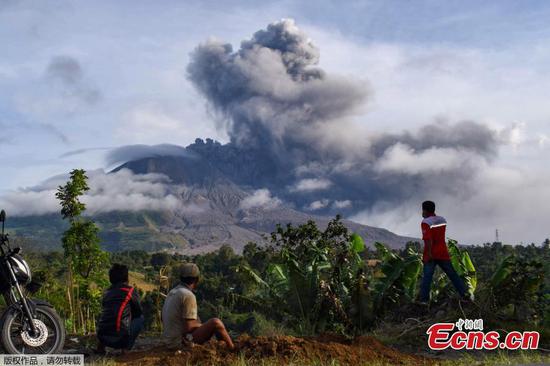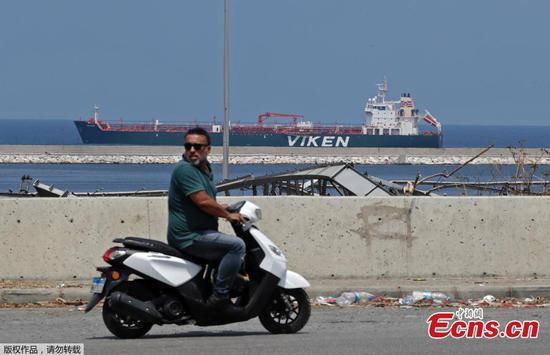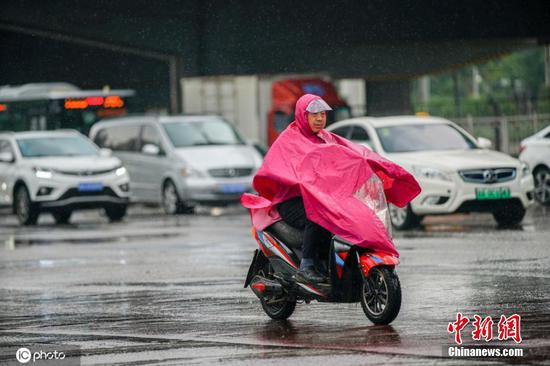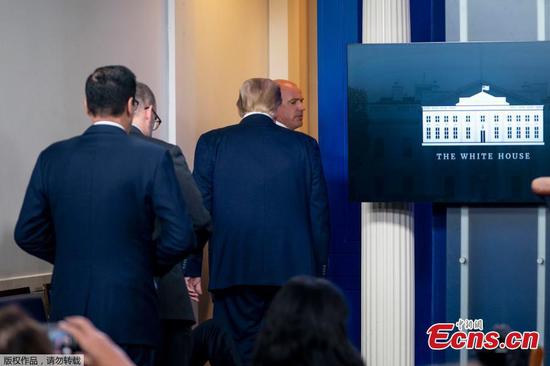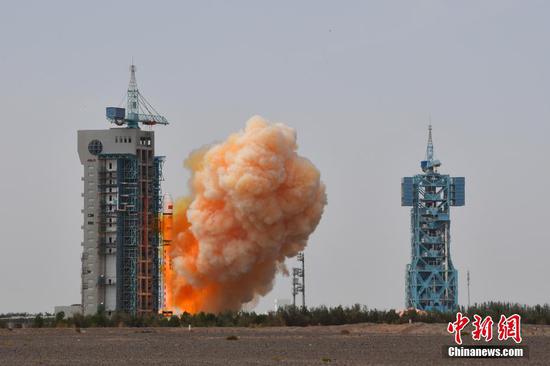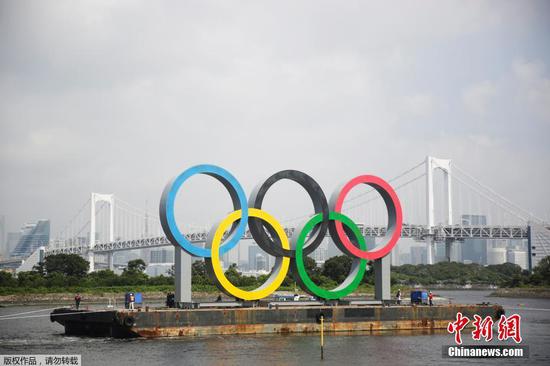The United Nations (UN) Security Council on Friday rejected a resolution that would extend the current arms embargo against Iran.
The draft resolution, tabled by the United States, failed to get the required nine votes in favor for adoption.
Besides the United States, only the Dominican Republic voted in favor of the draft. China and Russia voted against the text, and the remaining 11 Security Council members, including the European allies of the United States, abstained.
"It's disappointing, but not surprising," U.S. President Donald Trump's National Security Adviser Robert O'Brien said in an interview with Fox News on Friday.
"We have other tools in our toolkit," he said. "We're going to take some severe measures up at the UN, and I think you can expect snapback sanctions to come into play."
"Snapback" refers to restoring all pre-2015 UN sanctions against Iran.
U.S. Permanent Representative to the UN Kelly Craft also said in a Friday statement that "the United States has every right to initiate snapback of provisions of previous Security Council resolutions."
"In the coming days, the United States will follow through on that promise, and we will stop at nothing to extend the arms embargo," she added.
Under Security Council Resolution 2231, which endorsed the 2015 nuclear deal between Iran and the six powers of Britain, China, France, Germany, Russia and the United States, the arms embargo against Iran expires on Oct. 18, 2020. The U.S. draft sought to extend the embargo indefinitely until the Security Council decides otherwise.
Zhang Jun, China's permanent representative to the United Nations, said the voting result on Friday once again shows that unilateralism receives no support, and bullying will fail. Any attempt to place one's own interest above the common interests of the international community is a dead end.
China urges the United States to abandon unilateralism, and stop unilateral sanctions and long-arm jurisdiction, he said, and the United States should adopt a reasonable and realistic attitude, and return to the right track of observing the Iran nuclear deal and Security Council Resolution 2231.
The United States, which unilaterally announced its withdrawal from the Iran nuclear deal in May 2018, has repeatedly claimed it will invoke the "snapback" mechanism within the Security Council should its draft resolution fail to pass, Zhang said.
Having withdrawn from the Iran nuclear deal, the United States is no longer a participant in the deal and therefore ineligible to demand the Security Council invoke a snapback, he said.
The overwhelming majority of the Security Council members believe that the U.S. attempt has no legal basis. Should the United States have its way in disregard of international opinion, its attempt is doomed to fail again, he said.
The foreign ministers of Britain, France, and Germany also noted in June that they would not support any unilateral attempt to trigger a UN sanctions snapback.
Under Resolution 2231, any participant state to the Iran nuclear deal can notify the Security Council about an issue that it considers a significant violation of the agreement. The UN sanctions in place before the adoption of Resolution 2231 in July 2015 would then resume 30 days after the notification, unless the Security Council adopts a resolution to decide otherwise.

















